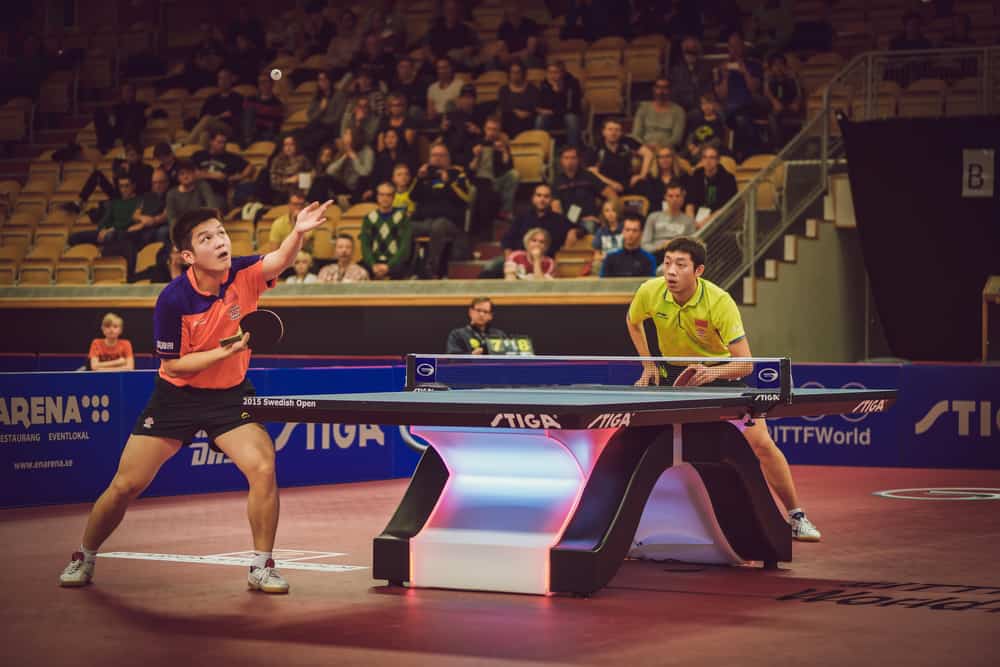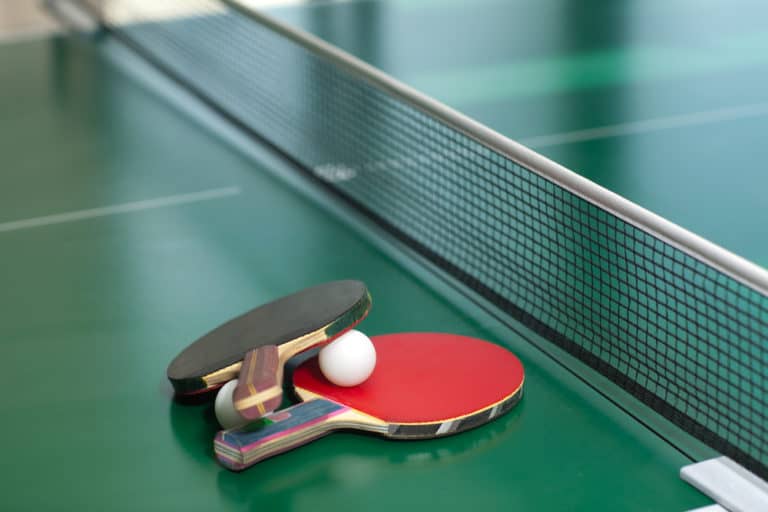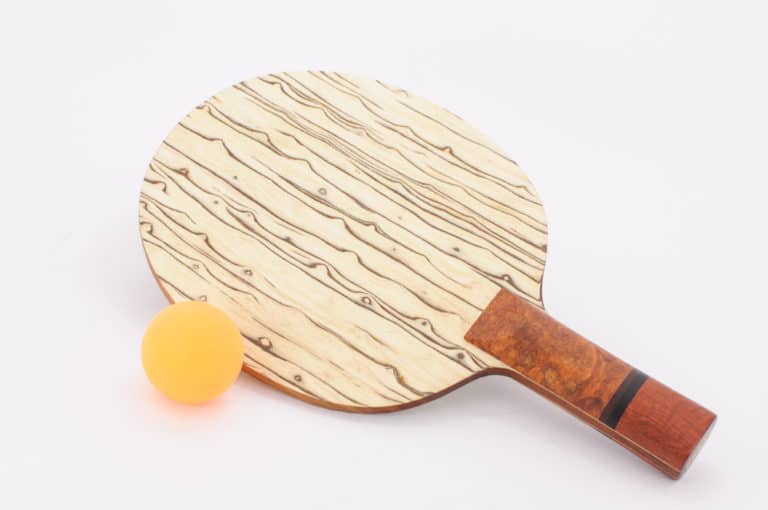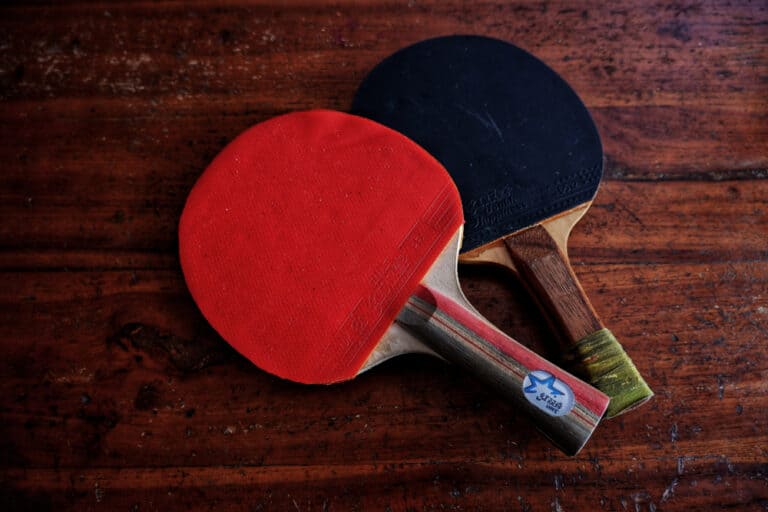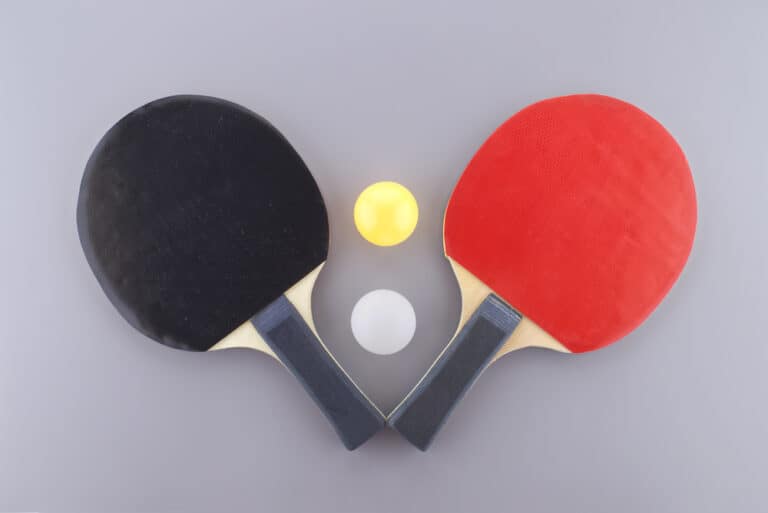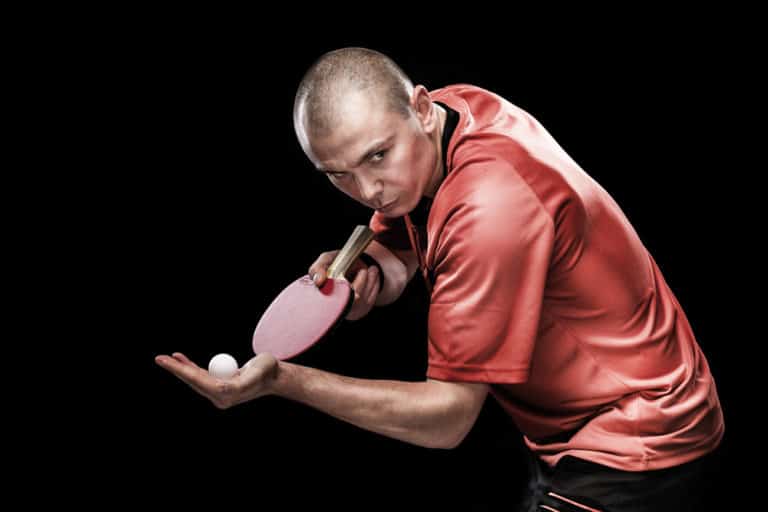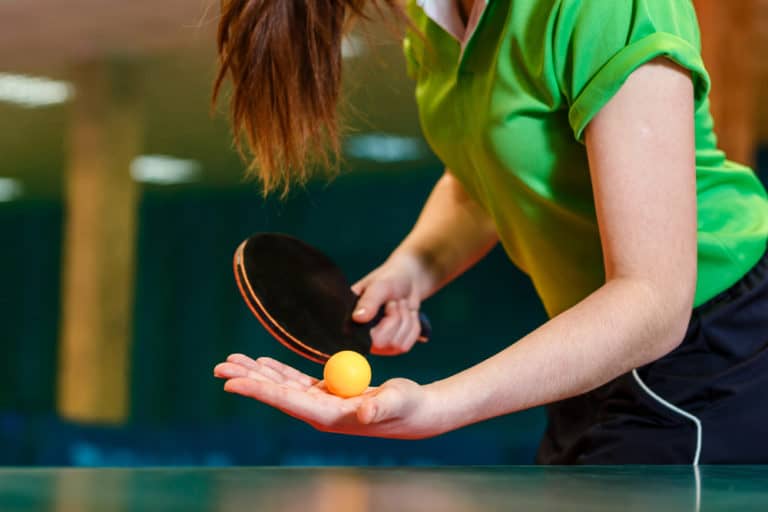What Are Table Tennis Players Yelling?
If you are enthusiastic about table tennis or a casual observer, you have likely noticed that many players shout at particular occasions during the rallies and the game. However, what they are yelling is not always clear as to why they might be doing so. People in other sports also make grunts and noises, but what is it precisely that table tennis players yell?
There are many terms shouted by table tennis players, but the two most commonly heard are “Cho” and “Cho-le”. These roughly translate to “good ball;” however, the reasoning behind yelling is more important. It is done for self-motivation, celebration, and release of tension after a long rally.
All racquet or paddle sports are rather thrilling for those watching and the engaged players. Table tennis is very much like a game of chess in that immense strategy comes into play, and the high levels of energy are on par with its on-court relative (tennis). However, now that we know what the players are shouting let us dig a little deeper.
What Do Table Tennis Players Shout During Play?
Suppose you have enjoyed watching table tennis at the Olympic level, especially during the semi-finals and the finals. In that case, it is absolutely astounding to see. These players go head-to-head, which is nail-bitingly tense and will have you sitting on the edge of your seat. However, this amalgamation of precision and physical prowess is a mental battle, and shouting plays a role.
As you will have noticed, having watched professional-level players, the game is anything but slow, and it requires impeccable reflexes. An immense amount of energy and adrenaline oozes off the players. And as humans, it is quite natural to become verbal at certain times when there are bursts of euphoria and satisfaction once they score a point or take the lead.
However, during these games, where the rallies typically last between 10 and 20 seconds (sometimes longer), the pressure builds. and what you will often hear the players yelling at pivotal points in the game is the word “Cho!” Other terms are used depending on the player’s nationality. Still, even though “Cho” derives from Chinese players, it has been adopted by many others.
We must make clear from the start, though, that the rules and regulations regarding the types of noises, volume, and frequency have changed over time. The table tennis community is undoubtedly still in great debates over this. For example, it is considered rude and unsportsmanlike to yell out following every point or shot. This is a factor regarding mutual respect.
“Cho” and “Cho-le” are often paired with a physical gesture such as a fist pump or other celebratory movements. However, for those who only watch the game once every four years, when the Olympics comes around, it can be somewhat confusing and leave you scratching your head.
Why Do Table Tennis Players Shout During Play?
The reasons behind shouting during a table tennis game are similar to those found and witnessed in other sporting disciplines. The primary reason is likely celebration, as the players become excited by earning a point they have battled tirelessly to obtain.
Another reason is asserting themselves, which ties in with the following reason; they are psyching themselves up and confirming their superior skill and abilities to their opponent. This builds their confidence and bleeds into the reason to follow.
You may not think intimidation is prevalent in table tennis (sports like mixed martial arts, for sure). However, it is incorporated in table tennis, is somewhat like a war cry, and is done to throw the other player(s) off their game.
Finally, after an enthralling rally that demands high levels of concentration and skill from the players involved, their yelling following a point being awarded can also merely act as a means of releasing a build-up of tension.
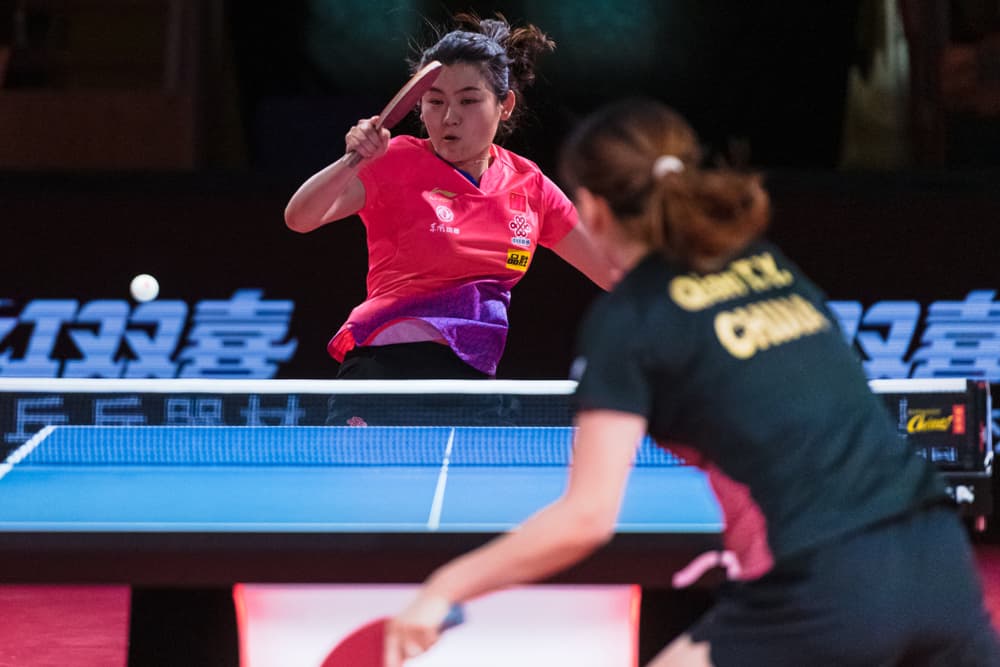
What Are The Origins Of The Word “Cho”?
To Cho, or as it has become known as “Cho-ing” in the table tennis community, has slowly crept in over recent years and has stuck around. However, depending on who you ask, you are likely to receive a differing answer to this question, as not many people tend to know exactly how it came about. This even goes for the likes of some professional players.
Certain players have reported that they are unaware of where the phrase originated or much else about it. Some of the younger players state that they heard and noticed the use of the term(s) by older and more experienced players. They simply picked up the habit of yelling it, even though they are unaware of its true meaning or from where it is derived.
The closest translation and explanation of “Cho” is that it came from the Chinese term for “ball,” and it has also been stated to mean “good ball.” The term “Cho-le” is also often heard, and a direct translation for this would be “ball come.” However, this is likely not the player’s intention (i.e., ordering the ball to come to them).
One thing is for sure, though, that many feel strongly is that the meaning or essence of the words yelled are far less important than the feeling or impact they are intended to convey. Key factors at play are boosting one’s energy and trying to disrupt the other player’s mental game during play.
The practice of yelling this term (and others) has been embraced by players globally, and cheering has organically arisen as a component of the sport’s culture.
Alternative Words That Are Yelled By Table Tennis Players
As we have been discussing Cho and Cho-le, you may find that they are not the only words or terms that table tennis players yell while playing. Firstly, as with tennis players, table tennis players also tend to grunt and even scream from time to time. This usually occurs when they are entirely in “the zone” and giving it their absolute all. They may allow themselves to get rowdy.
Other words that are yelled are “Allez,” which comes from the French, and this means “go ahead” or simply “go,” another French example is “Ca,” which can mean either “it” or, more likely, “that’s it.”
What is curious about the word Cho though, is that not only do the Chinese table tennis players yell this. Almost all other countries with competitors have adopted this word as a means of expression, excitement, or intimidation. Those from Germany are more likely to yell “Ja,” which means a simple “yes,” and some other (predominantly English-speaking) countries yell “Yeah” or “Yes.”
Conclusion
There are a variety of reasons that table tennis players yell when they are in the middle of a heated game. And the most common term that is often combined with a fist pump is “Cho,” or the likes of words we mentioned. The meaning behind the term is far less important than the feeling behind it. However, Cho-ing has slowly crept in over the past decade, and not all are in favor.
References
- https://pingsunday.com/why-do-table-tennis-players-say-cho/#
- https://pingpongit.com/why-table-tennis-players-grunt/
- https://defector.com/why-do-table-tennis-players-yell-cho-all-the-time/
- https://racketrampage.com/what-do-ping-pong-players-shout/
- https://chinese.stackexchange.com/questions/48002/what-were-the-olympic-chinese-table-tennis-players-yelling-when-they-scored
- https://www.quora.com/Why-do-table-tennis-players-shout-when-they-get-a-score
